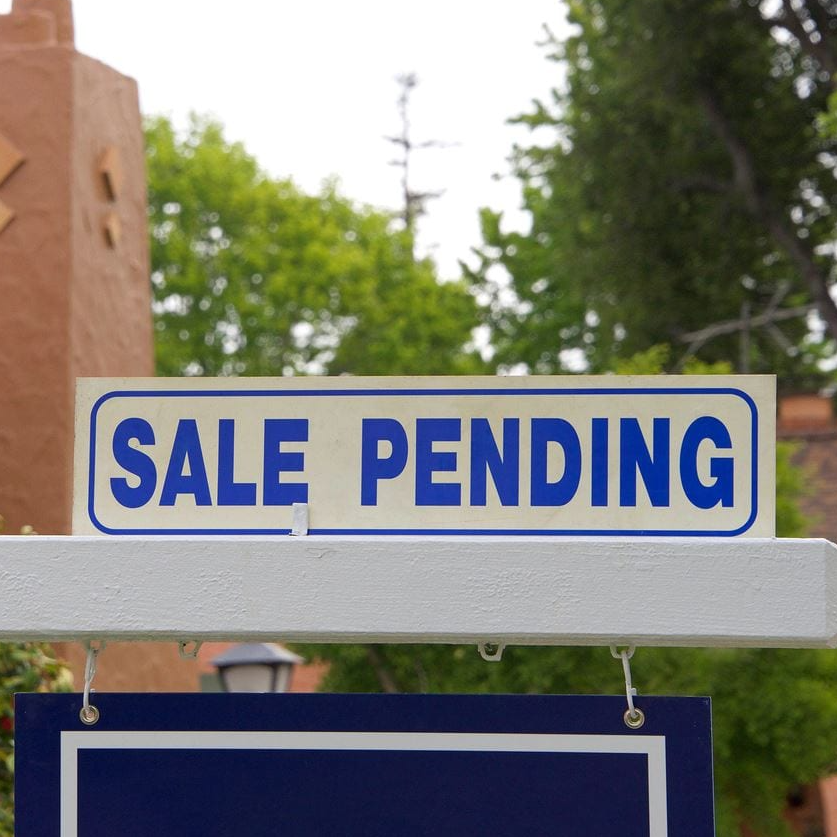In your search for a befitting new home, many listings across the country have two statuses indicating they are either pending or contingent. Understanding the distinctions between the two might help you decide if pursuing a house is worth trying.
What is Contingent?
A ‘Contingent’ status means a seller has accepted an offer from someone. So, when searching online, these listings are still active. The contracts could still be terminated if all of the conditions are not met with the previous offers.
Therefore, closing on a contingent home status does not occur until certain conditions are met, which must be completed within a specific time frame. The following are examples of everyday unforeseen events that could get contracts terminated in contingent home status:
Unforseen issue about the home: When an offer is accepted, the buyer deposits earnest money as a down payment on a home. There’s also the possibility that the home inspection, conducted by a qualified inspector, may go smoothly.
However, in a few instances, the buyer and seller cannot agree if there is an issue the buyer was unaware of.
The buyer doesn’t qualify for a loan: When a buyer isn’t pre-qualified for a loan, there is a mortgage contingency, which means that the buyer’s ability to acquire financing is contingent on the buyer’s ability to get a loan.
No one can buy it if no one can pay for it. For this reason, it’s back to the listing and the market.
Hiring an appraiser: Another situation is when the mortgage lender hires an independent appraiser to establish the home’s fair market value. That demonstrates to the lender that the loan’s value justifies it going through.
Often, a house buyer who already owns a home will make an offer contingent on selling their present property, which is a regular occurrence.
Also, deals frequently fall through due to unforeseen circumstances. However, accepting a backup offer is possible if your original request and contract fall through when selling a home.
What is Pending?
A ‘Pending’ status is when there is an agreement and all contingencies have been addressed. It’s a lot closer to being sold in this scenario.
At this point, it’s possible that funding or inspection issues could lead the contract to collapse, although this is rare to occur at the contingency stage. However, most realtors do not accept new bids when a home is pending, and submissions have no legal consequences.
When is the property already under contract?
Another status is a house that is under contract. This situation has reached an agreement, but the contract is still new and could fall apart. Getting a great deal on a property is possible if you get a house back on the market after it’s been under contract.
So, you may buy the house if the sale falls. It all boils down to the fact that you shouldn’t be afraid to get in touch with a seller or their agent, even if the property is in the process of being put on the market.
Deals regularly fall through. Only if a home is pending do you have a thin line or a lesser probability of getting a chance.
Knowing this status will determine whether or not to focus on the one or two properties of your choice, depending on their status.
Contact Information:
Email: [email protected]
Phone: 6145554567













